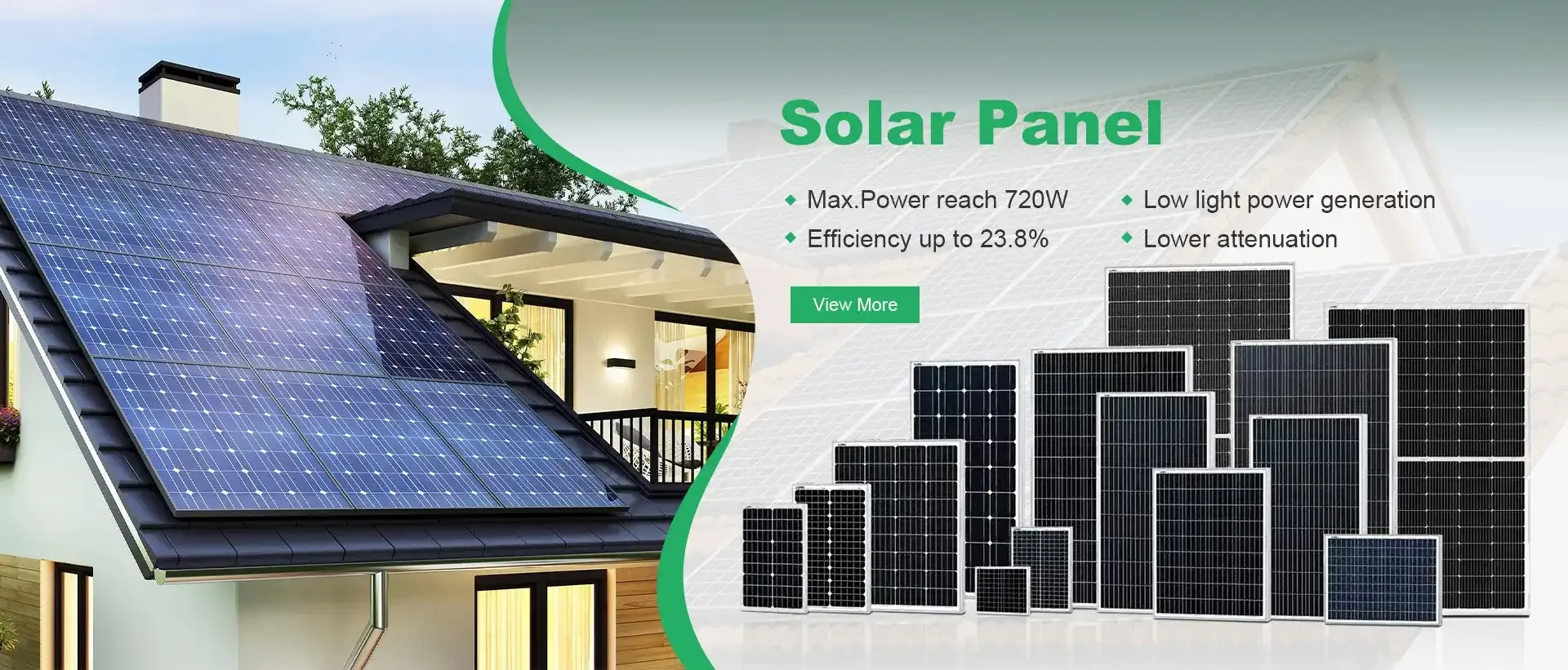Exploring the Benefits of Off-Grid Solar Panel Systems for Sustainable Energy Solutions
Exploring Off-Grid Solar Panels A Sustainable Energy Solution
In recent years, the demand for sustainable and renewable energy sources has surged, leading many homeowners and businesses to seek alternatives to traditional energy grids. Off-grid solar panels have emerged as a popular solution, particularly for those looking to disconnect from conventional power sources or reduce their environmental footprint. This article delves into the advantages, applications, and considerations of off-grid solar systems, highlighting their role in promoting sustainable living.
What are Off-Grid Solar Panels?
Off-grid solar panels are photovoltaic (PV) systems designed to generate electricity independently of the utility grid. These systems typically consist of solar panels, a charge controller, batteries for energy storage, and an inverter to convert DC electricity into usable AC power. By harnessing solar energy, off-grid systems provide a reliable power source for homes, cabins, and remote facilities not connected to the grid.
Advantages of Off-Grid Solar Panels
1. Energy Independence One of the most significant benefits of off-grid solar panels is energy independence. Homeowners can generate their own electricity, reducing reliance on fossil fuels and utility companies. This independence is especially valuable in remote areas where access to the grid is limited or non-existent.
2. Environmental Impact Off-grid solar energy significantly reduces carbon footprints, helping combat climate change. By utilizing renewable energy sources, users contribute to a cleaner environment and lessen their impact on the planet.
3. Cost Savings While the initial investment in off-grid solar systems can be substantial, the long-term savings on electricity bills can be considerable. Additionally, many regions offer tax incentives, rebates, and grants that can help offset installation costs.
4. Reliability Off-grid systems can provide reliable power in regions susceptible to natural disasters or grid outages. This reliability is crucial for essential services, such as healthcare and communication, particularly in remote areas.
5. Customization Off-grid solar systems can be tailored to meet specific energy needs. Users can choose the size of the solar array, battery capacity, and additional components based on their consumption patterns and available space.
Applications of Off-Grid Solar Systems
off grid solar panels

Off-grid solar panels are versatile and can be employed in various applications, including
- Remote Homes and Cabins Ideal for those living in rural locations, off-grid solar systems provide a sustainable energy source for lighting, appliances, and heating. - Emergency Power Supplies Off-grid systems can serve as backup power sources in emergencies, ensuring continued operation of essential equipment during outages. - Recreational Vehicles and Boats Many RV and boat owners utilize off-grid solar systems to power their devices and appliances while on the move. - Agricultural Applications Off-grid solar can power irrigation systems, greenhouses, and livestock facilities, promoting sustainable farming practices.
Considerations for Off-Grid Solar Panel Systems
While off-grid solar systems offer numerous advantages, potential users should consider certain factors before installation
1. Initial Costs The upfront cost of purchasing and installing an off-grid system can be high. It is essential to conduct a cost-benefit analysis to determine potential savings and payback periods.
2. Energy Storage Needs Sufficient battery storage is crucial for off-grid systems, especially in regions with less sunlight. Users must assess their energy consumption to ensure they have enough storage capacity.
3. Maintenance Regular maintenance is required to ensure optimal performance. Users should be prepared to inspect and repair their systems as needed.
4. Regulations It’s essential to consult local regulations and zoning laws regarding solar panel installation to ensure compliance.
Conclusion
Off-grid solar panels represent a viable solution for those seeking energy independence, sustainability, and reliability. As technology continues to advance and costs decrease, off-grid solar systems will likely become more accessible, paving the way for a greener future. Embracing this renewable energy source not only benefits individuals but also contributes to a collective effort towards creating a sustainable planet.
-
Unlocking Energy Freedom with the Off Grid Solar InverterNewsJun.06,2025
-
Unlock More Solar Power with a High-Efficiency Bifacial Solar PanelNewsJun.06,2025
-
Power Your Future with High-Efficiency Monocrystalline Solar PanelsNewsJun.06,2025
-
Next-Gen Solar Power Starts with Micro Solar InvertersNewsJun.06,2025
-
Harnessing Peak Efficiency with the On Grid Solar InverterNewsJun.06,2025
-
Discover Unmatched Efficiency with the Latest String Solar InverterNewsJun.06,2025







